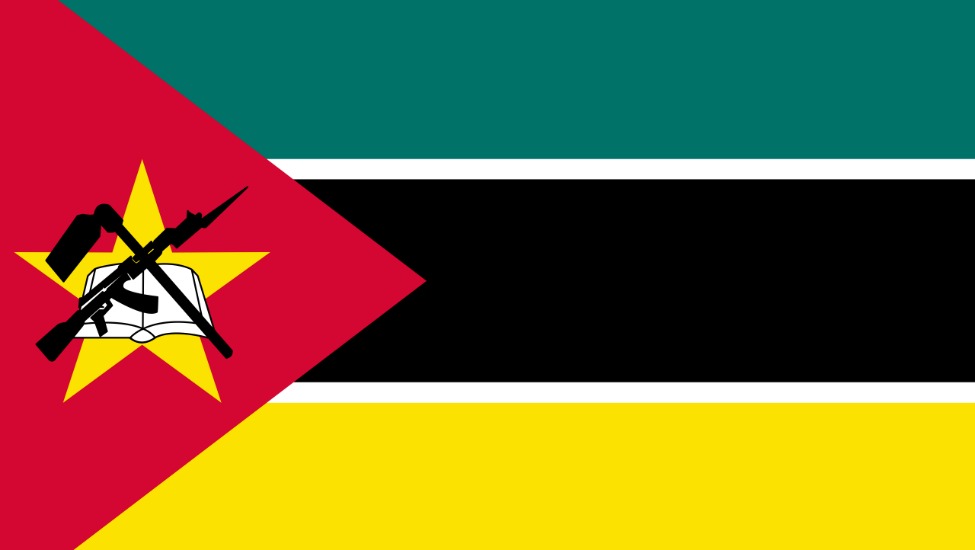Country
Mozambique
The Girls' Education Challenge (GEC) had one project in Mozambique which improved learning opportunities and outcomes for 30,616 of the country's marginalised girls.
Project
The STAR-G project supported 30,616 girls and was implemented by Save the Children.
There are a higher number of out-of-school girls in Mozambique than boys, and more out-of-school learners in rural areas. Many learners enrol to primary school late and many repeat classes. In project communities, drought has led to further dropout, particularly in Gaza, as many families relocate and pull children out of school to contribute to domestic work and the family’s income.
Societal norms tend to negatively discriminate against girls. Expectations around roles, aspirations and educational attainment of girls and boys are gendered, and as they approach adolescence, the pressure they face to conform to these expectations becomes more pronounced resulting in early marriage and pregnancy. This has a negative impact on girls’ education. High teacher-to student ratios have a negative impact on the quality of education and many learners do not speak the language of instruction at home.
STAR-G has worked to improve the life chances of marginalised girls by equipping them with functional literacy and numeracy skills and empowering them to transition to the next stage of education. It focused on raising the skills and motivation of teachers, tutors and education facility managers, and worked closely with communities to ensure long-term changes in support to girls’ education. It also worked with the Ministry of Education on identifying and addressing the barriers to girls’ learning at secondary level and establishing Distance Learning and Community Based Education (CBE) centres as alternative pathways to secondary level education.
